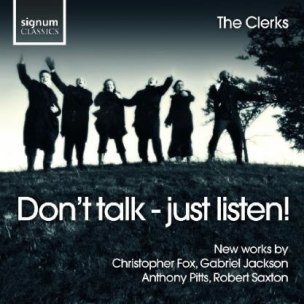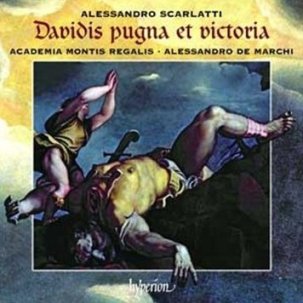Search This Blog
Early music and more by Edward Breen
Where possible, review entries are linked to their original publication.
Posts
Showing posts from October, 2009
From the Vaults of Westminster Cathedral
- Get link
- X
- Other Apps
Alessandro Scarlatti: Davidis pugna et Victoria
- Get link
- X
- Other Apps


